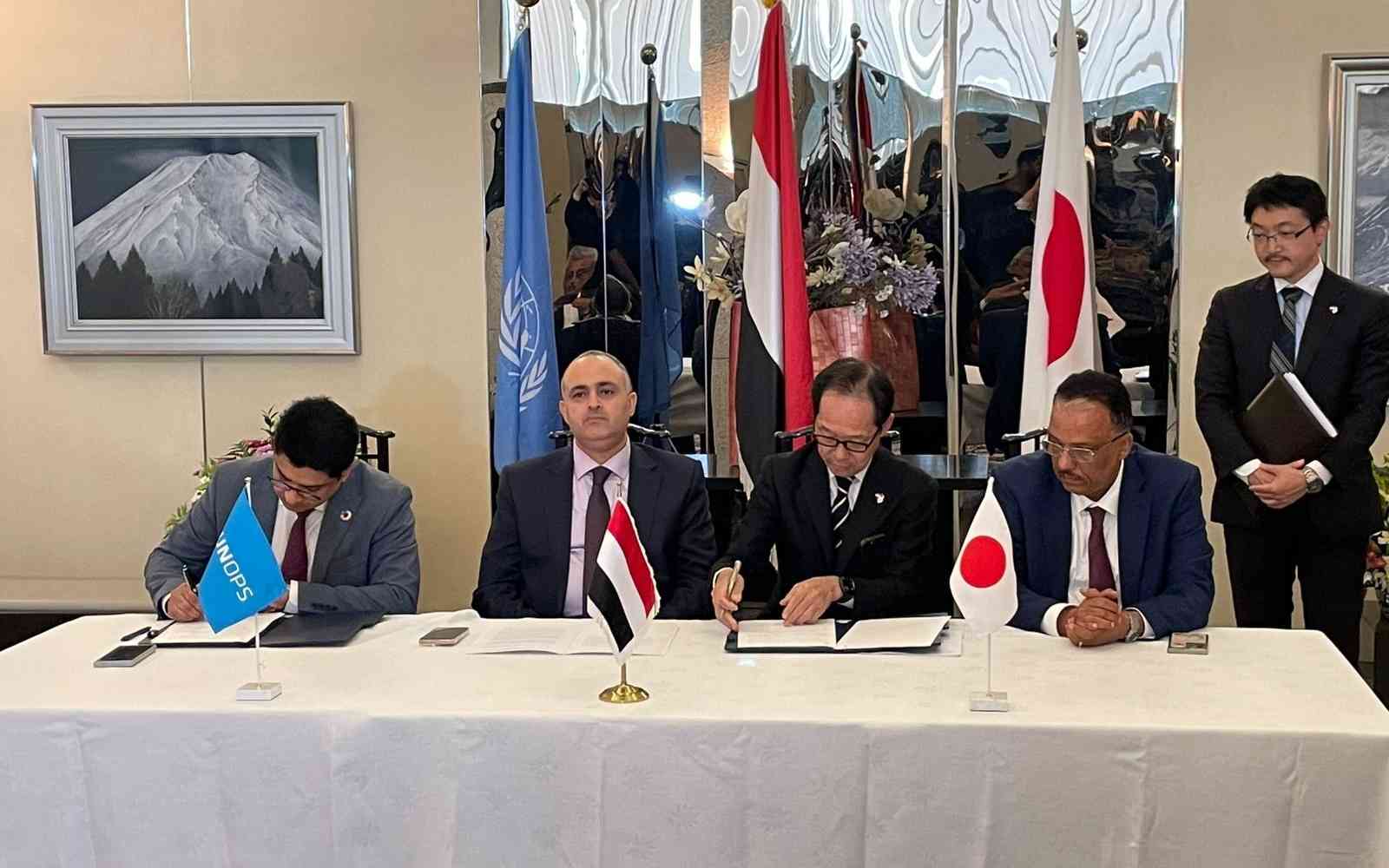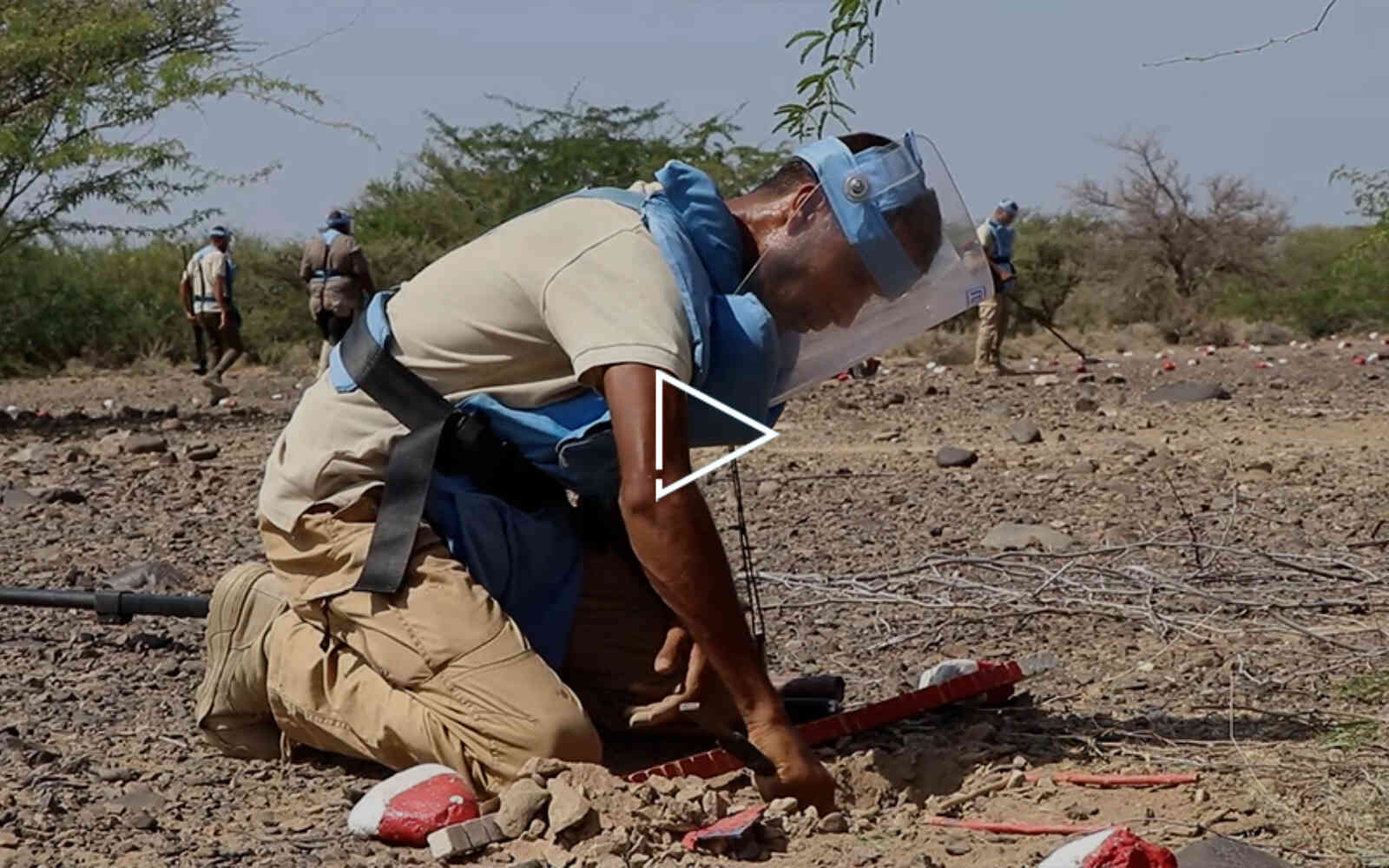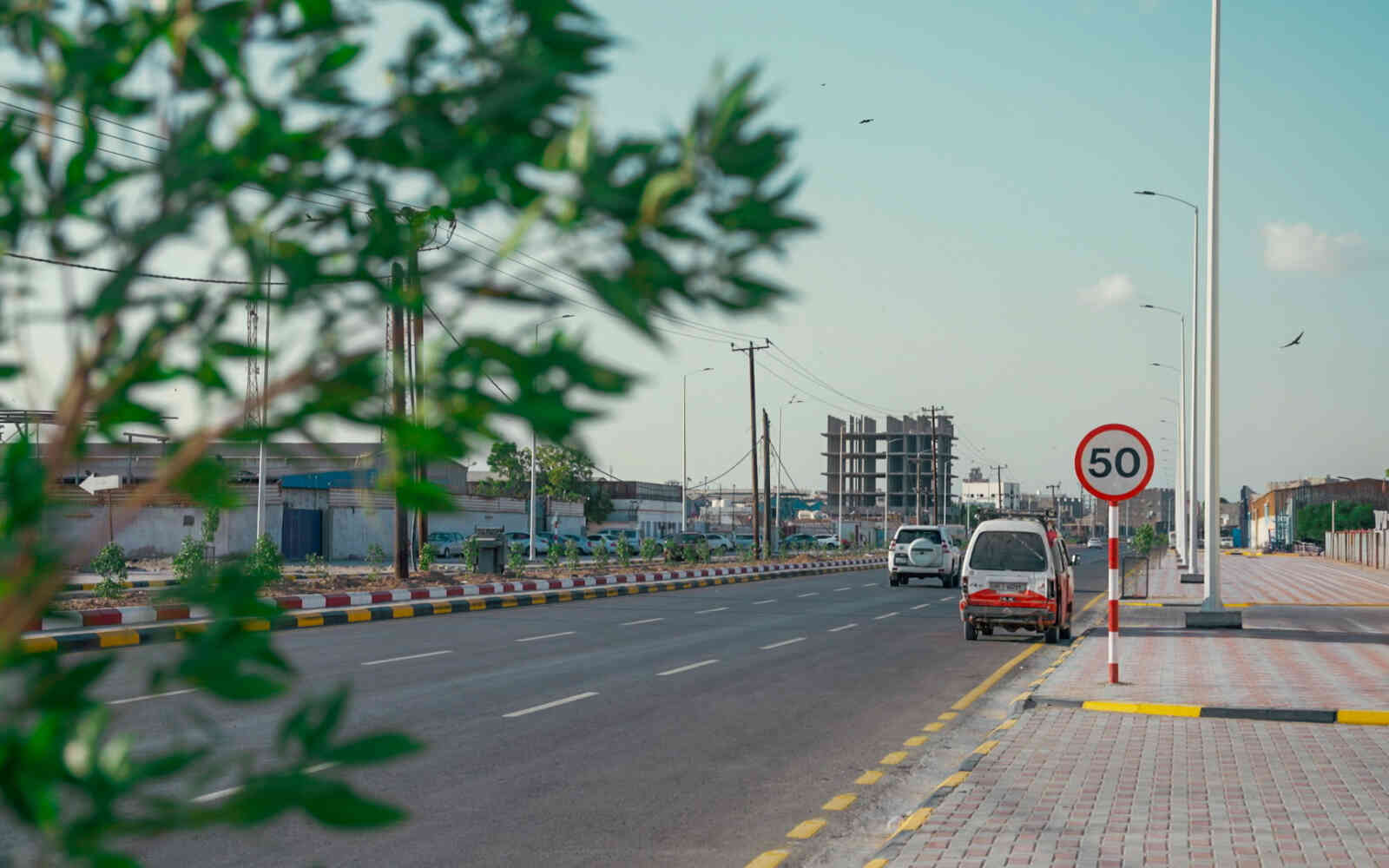The United Nations Office for Project Services (UNOPS)
Tackling a health crisis
In Yemen, the rehabilitation of key public health facilities is enabling doctors to provide better care.

- This article is based on the story ‘Tackling a health crisis’ published in June 2022.
Project updates:
19 October 2023
UNOPS signed an additional agreement with KfW worth $10.6 million. The additional funds will continue to support Phase IV of the project and will be used for the construction of four therapeutic feeding centres – which help to reduce malnutrition cases in the community. The funds will also be used to rehabilitate two healthcare facilities and one laboratory, provide essential medical equipment and furniture, and build the capacity of health staff at select facilities.
UNOPS signed an additional agreement with KfW worth $14.8 million. Phase IV of the project will help to enhance the operational capacity of 7 healthcare facilities by rehabilitating infrastructure to enhance power and electricity, waste management, as well as water, sanitation and hygiene services.
Over the past 8 years, the ongoing conflict in Yemen has left more than 20 million people in need of humanitarian assistance and has significantly deteriorated the health of people across the country. Maternal health, child malnutrition, immunization rates and outbreaks of communicable diseases, in particular, have worsened, putting additional strain on already overstretched health services.
As part of broader humanitarian response efforts to address some of Yemen’s most acute healthcare challenges, UNOPS partnered with KfW – the government of Germany’s development bank – to rehabilitate and equip key public health facilities based on the needs of the population.
Al Sabeen Hospital – the country’s leading maternal and children’s hospital – was the first health facility selected to undergo renovation works, which included rehabilitating and equipping its wards.
The hospital’s water infrastructure was also upgraded and the lighting system replaced to increase energy efficiency. Specific attention was paid to infectious disease control in response to the COVID-19 pandemic and the country’s increased vulnerability to outbreaks and epidemics. This involved equipping several wards to enable them to also operate as isolation units when needed.
More than 130,000 people will benefit from the improved facilities at Al Sabeen Hospital."
“Thanks to our partnership with the government of Germany and KfW, the hospital is in a much better position to continue providing critical healthcare to Yemeni mothers and their children,” he added.
In addition, new state-of-the-art equipment, including a 4D ultrasound scanner, was provided to help healthcare professionals treat their patients. Medical professionals from the Ministry of Health provided training on how to operate and maintain the new equipment, helping to ensure it can be used to save lives for years to come.
Through the project, 19 health facilities have been rehabilitated and 21 hospital wards have been renovated and equipped to function as isolation units in the governorates of Aden, Al Mahweet, Hadramout, Lahj and Sana’a.











